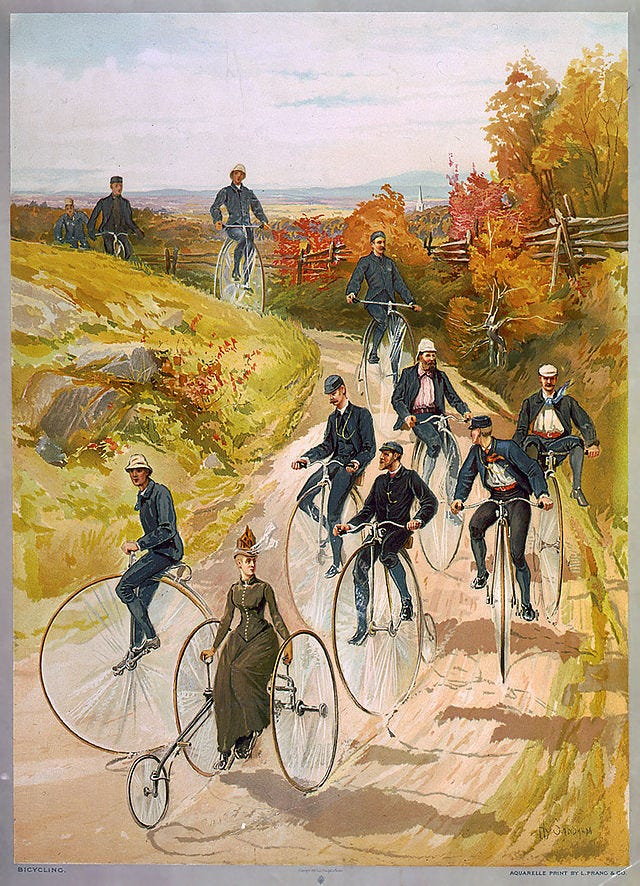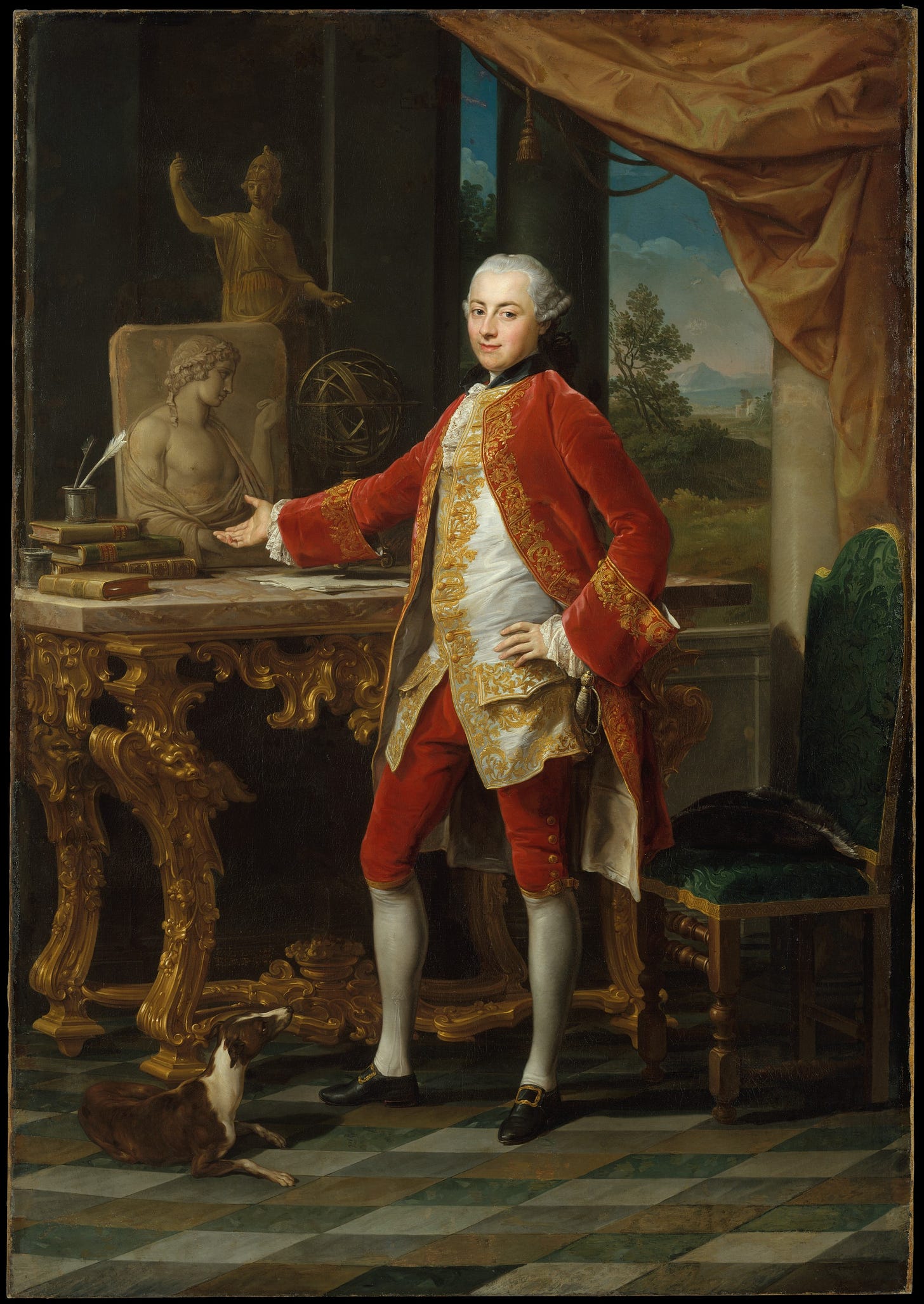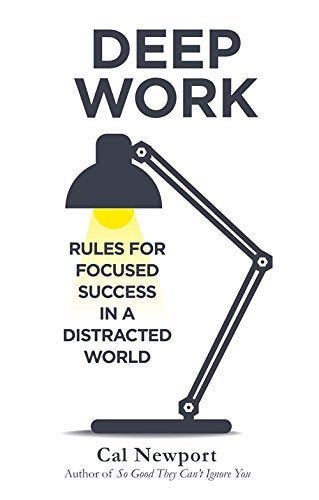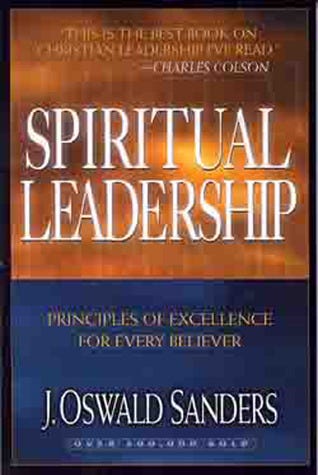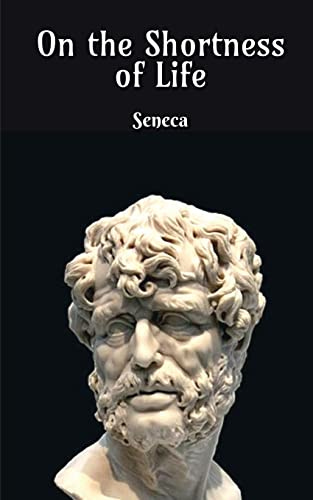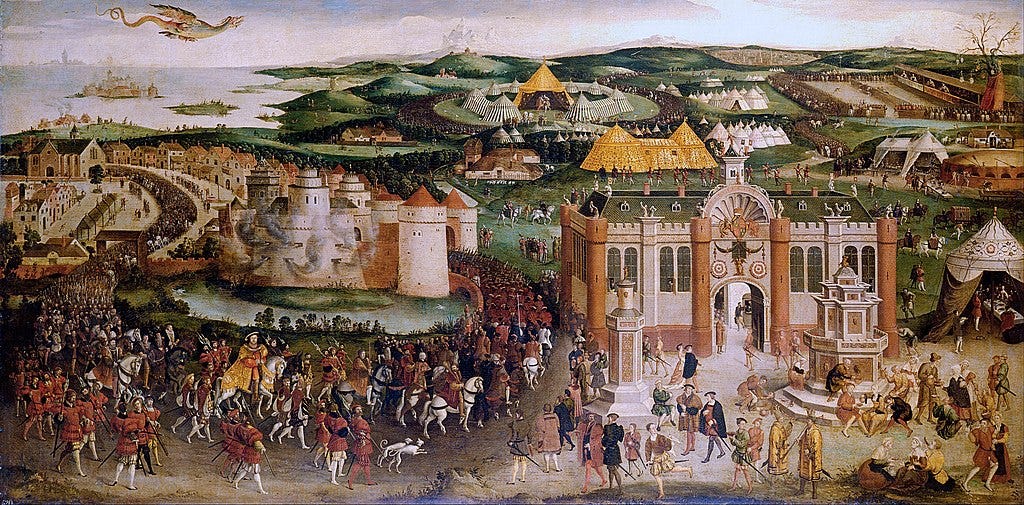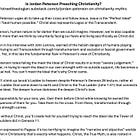Death Approaches: Live with a Sense of Urgency
How much time is left on the hourglass?
Find us on Medium.com
https://streettheologian.medium.com/
Or Twitter
https://twitter.com/StreetTheologn
How much time is left?
Look carefully then how you walk, not as unwise but as wise, making the best use of the time, because the days are evil. – Ephesians 5:16
But God said to him, ‘Fool! This night your soul is required of you, and the things you have prepared, whose will they be?’ – Luke 12:20
Yet you do not know what tomorrow will bring. What is your life? For you are a mist that appears for a little time and then vanishes. – James 4:14
It is better to go to the house of mourning than to go to the house of feasting,
for this is the end of all mankind, and the living will lay it to heart. -Ecclesiastes 7:2
My days are swifter than a weaver's shuttle and come to their end without hope. – Job 7:6
Death Ground
In our article on the discussion between Andrew Huberman and Robert Greene, we highlighted how Huberman and Greene urged their listeners to live with a sense of urgency.
Greene elsewhere pleads with listeners “put yourself on death ground” and act as if you barely have any time left to accomplish what you are here for.
Uncomfortable topic
Death is a topic that makes us very uncomfortable and one we often do our best to avoid thinking about. What if, however, in this discomfort lies a valuable lesson?
Perhaps in doing our best to avoid this discomfort we are making an effort to deceive ourselves. To avoid facing the reality of the finite nature of our lives. To avoid facing the reality that our life has an expiry date.
To avoid looking back on our past unwise decisions that were a poor use of our time. Or to avoid even looking forward to the small amount of time we have left to do what we are called to do on this earth.
Death and the sun
The Academy of Ideas, in their video on the Psychological Benefits of Contemplating Death, likened death to the sun.
Staring at the sun for too long causes damage just as contemplating death night and day leads to paralysing anxiety. On the flip side, getting no sunlight or turning away completely from death is, ironically, fatal.
Take a step back and reflect..
How many more times?
How many more times in your life do you think you will go to your favourite summer holiday destination? How many more times will you hold hands with your spouse or kiss your child goodnight or visit your parents?
How many more times will you enjoy your favourite hobby or meal? How many more times will you get to use your gifts to serve others?
The simple fact is.. you don’t know. Life is short. Life is unpredictable.
Even those who live a “full and happy life” will often overestimate how many more times they will be able to engage in the above activities.
A thought experiment
Imagine you had 6 months to accomplish what you were hoping to accomplish in 2 years. How would that change things?
To do more we have to do less
Living with a sense of urgency does not have to mean adding more to the plate and further risking burnout but rather narrowing things down.
Sometimes to do more of what is important, we need to do fewer things overall.
Starting where we are at
Paradoxically, a helpful starting point in managing our time better for the Lord is recognising with humility how bad we naturally are at redeeming the time. .
Our natural tendency is to get distracted, to wander, to fill our time with meaningless things.
It’s a deep resistance or pull against us we all feel.
Working from rest
In "redeeming the time" we aren't reaching God's level in our own strength.
Rather, Christ is the True Sabbath rest (Matt. 11:28-29; Heb. 4:1-11), offering rest to the weary soul.
"Redeeming the time" is a response of gratitude to the work of God's grace in our lives. The context below further illustrates this.
Context of redeeming the time
In Ephesians, Paul provides lots of context before talking about making the most of or “redeeming the time” in Ephesians 5:16. The word Paul uses for making the most of our time is exagorazomenoi which is based on the same root word as exagorase in Galatians 4:5 that is used to describe Christ redeeming those under the law.
In Ephesians 1-3, Paul outlines how without Christ we are alienated from God (2:19) and dead in our trespasses (2:4).
Yet, now after being saved by grace through faith (2:8-9) we are created in Christ Jesus for good works, which God prepared beforehand, that we should walk in them (Eph. 2:10).
It is God who we are reliant on for a spirit of wisdom (1:17).
In Ephesians 4:7 Paul explains "Grace was given to each one of us according to the measure of Christ's gift", proceeding to outline how God's people are like one body "joined and held together" (v.16) by different joints. Demonstrating how each individual has a unique role to play.
Paul in Ephesians 4-5 highlights the tensions and struggles one who seeks to follow Christ experiences and describes how we are called to live.
Part of this involves living not as unwise but as wise and the first example Paul provides of what this looks like is “redeeming the time.”
This context illustrates how our natural state is alienation from God and walking as unwise in the futility of our own minds.
Minimising losses
Below we outline 3 quick ways we can make a better use of our time, let's take a look at 3 things that can easily lead us to fritter away our time.
1. Pride and avoiding discomfort
Before God, we are fallen human beings. We are in need of his grace.
We often make vain plans in our lives like the rich fool that centre our identity around things we cannot control (Luke 12:13-21).
To fall at Christ’s feet we need to accept our fallenness. We are frequently called to examine ourselves (2 Cor. 13:5; Gal. 6:4) and to repent (Matt. 3:8; Luke 13:1-5).
Yet, this process is often painful and can be far more comfortable to avoid.
We instead pursue endless comfort rather than slowly and painfully tearing off the veil of self-deception covering our faces before our own mirror.
2. Living according to the social program
A key way we can fail to use our unique gifts and talents for God is to prioritise social conformity or human approval over the cultivation of our gifts.
Henry David Thoreau alluded to a "stereotyped but unconscious despair" behind the bulk of human life and copying or conforming to norms for the sake of it has a key role to play in this.
You might be a gifted musician but no one in your circles plays music so you instead abandon music and use your time watching the same Netflix shows as everyone else so you can stay up to speed with your friends.
Your family might think it's more important for you to work 90 hours a week year round so you embrace a life of emptiness and never get into the deep theological questions deep down you know you would love to spend more time on.
All your friends might live in a certain type of property so you and your spouse overextend financially to keep up with them, putting further strain on any chance you get to use your gifts to serve others.
Or perhaps your parents only really care if you get married by a certain age or earn a certain level of income while maintaining a surface appearance of faith, so you put all your effort into meeting their expectations and let your gifts and talents fall by the wayside. You also focus on appearances rather than deep genuine character as a result.
Pressure impacts all of us
We could list many such examples. This type of pressure impacts all of us.
If you are anything like me, you can feel the constant pull towards trying to reach a social norm and away from cultivating gifts and calling to point people to Christ.
3. Passive consumption
Our society is filled with endless temptations that can lead us to make poor use of our time and lure us into endless passivity- social media, Netflix, porn, the gossip mill, browsing online stores for hours at a time and the list goes on.
What we often consider rest is really just escapism. Numbing and distracting ourselves from the pains of life.
Rest, no doubt, plays a role in making a good use of our time. As we mentioned, Christ is the True Sabbath, offering rest for the weary soul (Matt. 11:28-29) and we can enter his rest by believing in him (Heb. 4:1-10).
Active v Passive Rest
In his book, Deep Work, Cal Newport distinguishes passive and active rest.
Active rest involves engaging in activities that are inherently fascinating and provide freedom from directed concentration, such as having a casual conversation with a friend, listening to music while cooking, playing a game with your kids, or going for a run.
On the other hand, passive rest involves activities that do not engage your mind in a focused manner, like checking and responding to emails or working on tasks after dinner.
For Newport, downtime and rest are crucial in recharging and preparing for deep work.
Nonetheless, he stresses many of us prevent ourselves from recharging properly through constant distraction.
Flow
In Mihaly Csikszentmihalyi’s famous work, Flow, engaging in active rest involves participating in activities that promote relaxation while also being mentally stimulating.
To engage in active rest, consider activities like playing a musical instrument, exercising, pursuing a hobby, or going out to a movie or restaurant. These activities can help you feel more happy, motivated, concentrated, and in flow. For Mihaly, it’s essential to balance active leisure activities with passive leisure to enhance the quality of life.
How do you use your spare time?
Continuing with the above theme, how you use your spare time is highly critical to whether or not you manage your time well overall.
J. Oswald Chambers in Spiritual Leadership made the following astute comments (p. 119):
“Often the record shows that we have much more time available for Christian service than we imagine. Suppose that we allot ourselves a generous eight hours a day for sleep (and few need more than that), three hours for meals and conversation, ten hours for work and travel. Still we have thirty-five hours each week to fill. What happens to them? How are they invested?
A person’s entire contribution to the kingdom of God may turn on how those hours are used. Certainly those hours determine whether life is commonplace or extraordinary.”
Seneca
Stoic philosopher Seneca in On the Shortness of Life exclaimed, “It is not that we have a short time to live, but that we waste a lot of it.”
Seneca added,
“You will find no one willing to share out his money, but to how many does each of us divide up his life!”
Jonathan Edwards
Jonathan Edwards in his sermon The Preciousness Of Time And The Importance Of Redeeming It highlighted this same issue:
How little is the preciousness of time considered, and how little sense of it do the greater part of mankind seem to have.. If men were as lavish of their money as they are of their time, if it were as common a thing for them to throw away their money, as it is for them to throw away their time, we should think them beside themselves, and not in the possession of their right minds. Yet time is a thousand times more precious than money; and when it is gone, cannot be purchased for money, cannot be redeemed by silver or gold.
3 Quick Tips for Redeeming the Time
With all this context in mind, let's look at three quick ways we can redeem the time.
1. Gift Cultivation
Rather than using all of your rest time on passive rest, consider how you could use your spare time to cultivate your gifts through active rest.
Each of us are called to different things so it will look different to everybody but we need to think in terms of impact that points people to Christ and not merely consumption.
Do you enjoy cooking or baking? Are you into art or music? How about reading or writing? Or perhaps putting things together with your hands?
What do you naturally gravitate towards and how can you cultivate this gifting to bring glory to God?
What would your life start to look like if you invested 1-4 hours per week for one month into cultivating a gift you've left dormant?
God gifts us gifts for a reason. He gifts us time for a reason. We need to take a step back and prayerfully consider how we use our time.
Dr. Gabor Mate in The Myth of Normal, explains most of us "even the busy ones" have more time "than we know what to do with" but what we lack is intentionality.
2. Character Cultivation
If life were to end today could we look back and see how we have taken responsibility for our sin and let God work in our lives?
Where have we let addictions, distractions and the constant chase for our creature comforts get in the way of facing cold hard truths about ourselves?
Where have we felt deep emotional pain and anguish and tried to treat it with numbing mechanisms rather than bringing things to the King?
Have we let suffering in our lives shape us for God or harden us against his will?
If you're anything like me, reflecting on these questions can be quite terrifying.
We might not have tomorrow. The time to start asking these questions is today.
3. Relationship Cultivation
As we mentioned earlier, without Christ we are alienated from God. As such, a relationship with God through Christ Jesus is the fundamental relationship of our lives. This is based on Christ’s work for us.
Christ’s work frees us to work how we should.
A relationship with God spills over into demonstrating love to other people.
People will fail you, isolate you, reject you, turn on you. Yet, Christ himself has borne this burden too and much worse!
Before we loved him, he died for us.
If you were to die today, who is one person in your life you would hope you spent more time or effort showing or sharing the love of Christ to?
Who is one person you can reach out to or simply stand besides in their pain today?
The end
Death is the great equaliser. Doesn't matter if you're rich or poor, beautiful or not, well respected or despised, it's coming.
Christ took on death so that we could have new life in him. Let's prayerfully ask and reflect on how our time is best spent for him.
The world around you is designed to distract you from what is most important. Feel the push against the wind and realise you are not alone.
Start paying more attention to the shortness of life. Whether a cemetery walk or talking to the frail and elderly or simply contemplating the shortness of life. Do it.
Death approaches. Live with a sense of urgency.
We must work the works of him who sent me while it is day; night is coming, when no one can work. – Jesus, John 9:4
So teach us to number our days that we may get a heart of wisdom. – Psalm 90:12
Find us on Medium.com
https://streettheologian.medium.com/







